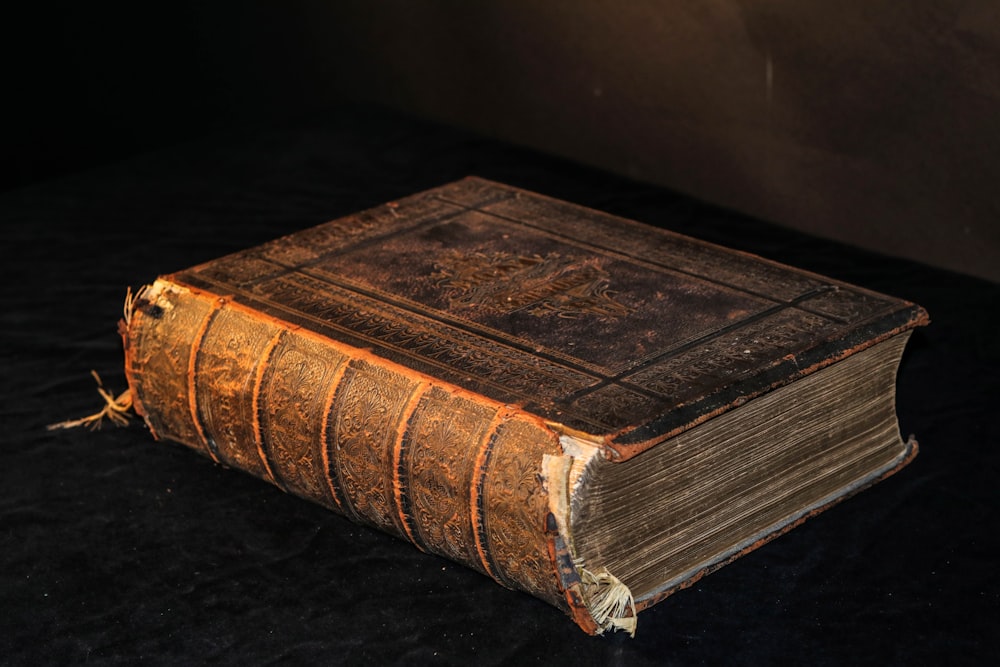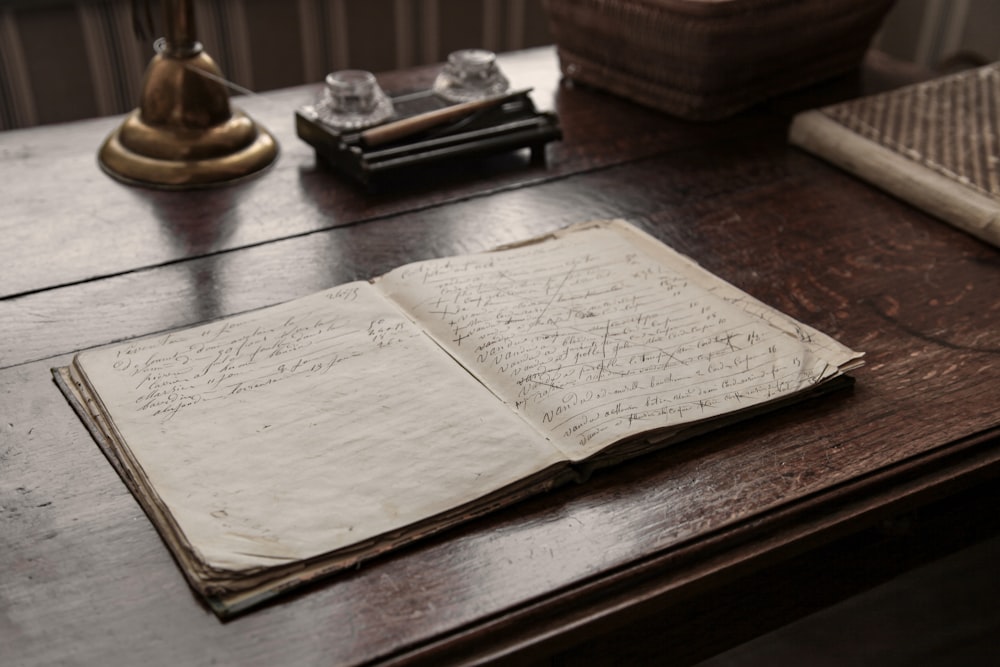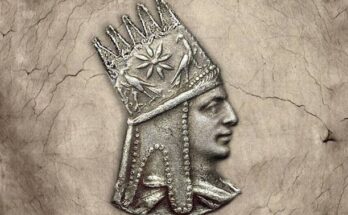Finding the best reference for ancient history: Excel in Research
Unlocking the mysteries of ancient history requires a keen understanding of the past, and a crucial aspect of this journey involves finding the best references. In a world inundated with information, discerning reliable sources is paramount. This article delves into a comprehensive guide on how to navigate the vast landscape of references for ancient history, providing valuable insights for researchers, students, and enthusiasts alike.
Libraries: A Treasure Trove of Knowledge: finding references
Image via Unsplash.com
Libraries remain indispensable havens for those seeking authentic references on ancient history. Start by exploring renowned institutions such as the Library of Congress, the British Library, or local university libraries. Navigate through meticulously cataloged collections, including rare manuscripts, primary sources, and scholarly publications. Librarians can offer guidance on navigating these vast repositories, ensuring that you access the most credible and authoritative references.
Digital Archives and Databases: finding references
In the digital age, a wealth of information lies at our fingertips. Numerous online platforms curate digitized archives and databases dedicated to ancient history. Websites like JSTOR, Project MUSE, and Google Scholar provide access to a myriad of academic journals, articles, and research papers. These platforms empower researchers to explore a diverse range of perspectives and gain a comprehensive understanding of historical events.
Peer-Reviewed Journals: The Gold Standard
Image via Unsplash.com
For those committed to academic rigor, peer-reviewed journals stand as the gold standard in reference materials. Journals such as the Journal of Ancient History, Classical Quarterly, or the American Journal of Archaeology undergo a rigorous review process, ensuring the reliability and credibility of the information they publish. Utilizing these journals guarantees access to scholarly interpretations and analyses of ancient historical events.
University Lectures and Seminars: finding references
Tap into the academic realm by attending university lectures and seminars. Many institutions offer public lectures by esteemed historians and archaeologists, providing valuable insights into their research. Attendees may also engage in Q&A sessions, fostering a direct connection with experts in the field. Universities often record and archive these lectures, making them accessible to a wider audience.
Museums and Archaeological Sites
Museums and archaeological sites serve as tangible repositories of ancient artifacts and historical information. Visiting these locations not only provides a firsthand encounter with the remnants of the past but also offers access to curated exhibits accompanied by scholarly interpretations. Many museums also publish catalogs and research papers, contributing to the pool of reputable references.
Documentaries and Educational Programs
Image via Unsplash.com
Visual media can be a powerful tool for learning about ancient history. Documentaries produced by reputable channels like BBC, National Geographic, and PBS often feature expert historians and archaeologists. While not exhaustive references on their own, documentaries serve as excellent introductions, sparking interest and guiding viewers toward more in-depth research.
Professional Organizations and Conferences: finding references
Become an active participant in the scholarly community by joining professional organizations related to ancient history. Organizations such as the Archaeological Institute of America or the Society for American Archaeology organize conferences where researchers present their findings. Attending these events facilitates networking with experts and gaining access to cutting-edge research in the field.
Specialized Books and Monographs
Delve into the world of specialized books and monographs authored by esteemed historians. Works by scholars such as Herodotus, Thucydides, or modern historians like Mary Beard and Eric H. Cline provide in-depth analyses of specific historical periods. Book reviews and recommendations from experts can guide you toward the most reputable publications.
Utilize Online Forums and Communities
Image via Unsplash.com
Engage with like-minded individuals on online forums and communities dedicated to ancient history. Platforms like Reddit’s r/history and academic forums provide opportunities to discuss sources, share insights, and seek recommendations from fellow enthusiasts and experts. Collaborative learning fosters a vibrant exchange of ideas and resources.
Cross-Referencing and Fact-Checking: finding references
In the pursuit of accuracy, cross-referencing and fact-checking are indispensable. Consult multiple sources to validate information and ensure its reliability. Investigate the credentials of authors, check publication dates, and assess the reputation of the publishing platform. Rigorous fact-checking safeguards against the perpetuation of inaccuracies.
Collaborating and discussing
Collaboration and discussion play a vital role in refining one’s understanding of ancient history. Participate in academic discussions, either in person or through virtual platforms, to exchange ideas, challenge perspectives, and broaden your intellectual horizons. Engaging in scholarly discourse not only enhances your critical thinking skills but also exposes you to alternative viewpoints, enriching your overall understanding of historical events.
Additionally, language proficiency can significantly enhance your ability to access primary sources. Learning ancient languages such as Latin, Greek, or hieroglyphics opens up direct access to original texts and inscriptions, providing an unfiltered connection to the thoughts and records of ancient civilizations.
In conclusion, the quest for the best references in ancient history requires a holistic and proactive approach. By tapping into a diverse array of resources, both traditional and digital, and actively participating in the academic community, enthusiasts can develop a nuanced understanding of the past. This journey, marked by continuous learning, critical thinking, and engagement with primary sources, not only unveils the richness of ancient civilizations but also cultivates a scholarly mindset that transcends the boundaries of time.
Conclusion: finding references

Image via Pexels.com
Navigating the vast landscape of references for ancient history demands a multifaceted approach that combines traditional and digital resources. Libraries, digital archives, peer-reviewed journals, university lectures, museums, documentaries, professional organizations, specialized books, online forums, and meticulous fact-checking collectively contribute to a well-rounded understanding of the past. By leveraging these diverse sources, researchers, students, and history enthusiasts can embark on a journey that not only unveils the secrets of ancient civilizations but also hones their ability to discern reliable historical references.
Furthermore, staying informed about recent discoveries and ongoing research is essential for a comprehensive understanding of ancient history. Subscribing to newsletters, following academic blogs, and monitoring updates from reputable institutions keep enthusiasts abreast of the latest findings and interpretations. This continuous engagement with the scholarly community ensures that your knowledge remains current and well-informed.
LINKS FOR FURTHER READINGS:
Click here to know important books on Ancient history
Best Books on Asian History you Must read








